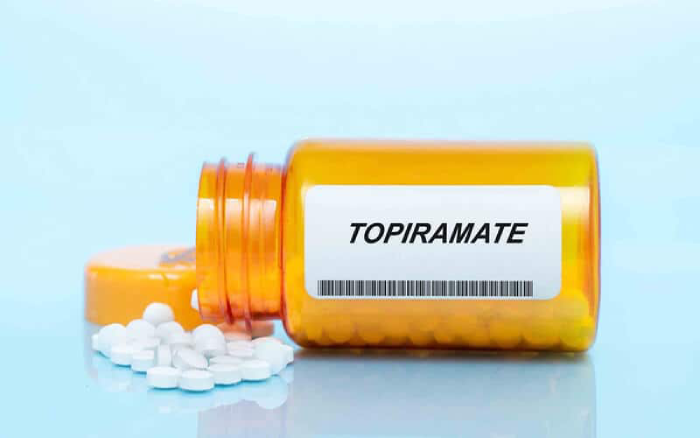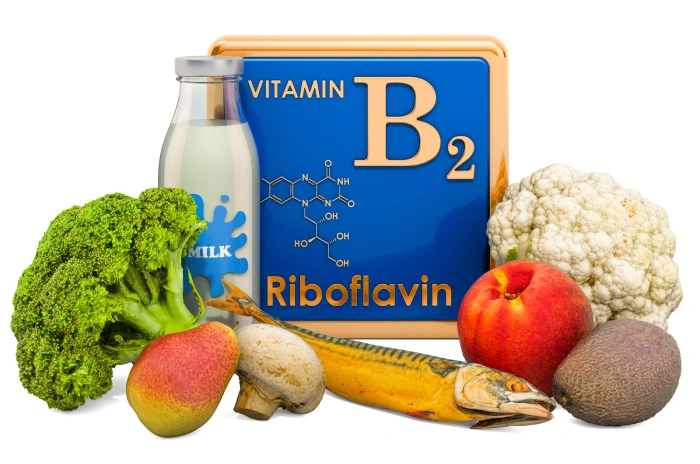New Study Reveals Potential Benefits of Lavender Waste Product
Lavender, a plant long revered for its therapeutic properties, continues to captivate researchers with its potential health benefits. A recent study has explored an innovative approach to utilizing lavender by-products, creating a novel extract from solid residues left after essential oil production. This research not only contributes to sustainable practices but also uncovers promising effects on metabolic health.
The study, conducted on male C57BL/6 mice, investigated the impact of this new lavender extract on various aspects of metabolism. Researchers divided the mice into four groups, feeding them different doses of the extract mixed with their standard diet for 30 days. The doses ranged from 21.1 mg/kg/day to 2110 mg/kg/day, with a control group receiving no extract.
The results of this preclinical trial were intriguing. The lavender extract appeared to induce dose-dependent improvements in several key areas of metabolic health. These included positive changes in lipid and lipoprotein metabolism, enhanced glucose tolerance, and increased metabolic activity in both white and brown adipose tissues.
Particularly noteworthy was the performance of the highest dose group (2110 mg/kg/day), which demonstrated the most significant beneficial effects. However, this dose was also associated with a slight increase in hepatic transaminase levels, potentially indicating mild stress on the liver.
The researchers concluded that this novel lavender extract shows promise for therapeutic applications, with no major safety concerns observed at the tested doses. This study not only sheds light on a potential new health supplement but also highlights the value of repurposing agricultural waste products.
Commentary by SuppBase columnist Alice Winters:

This groundbreaking study on a novel lavender extract derived from production waste opens up exciting possibilities in the realm of natural supplements. As a health product commentator, I find several aspects of this research particularly compelling and worthy of further discussion.
First and foremost, the sustainability angle of this product cannot be overstated. In an era where we’re increasingly aware of the need to minimize waste and maximize resource utilization, the idea of creating a potentially beneficial health supplement from what was previously considered waste material is nothing short of brilliant. This approach not only adds value to the lavender production chain but also aligns with growing consumer demand for eco-friendly products.
The dose-dependent improvements observed in lipid and lipoprotein metabolism are particularly intriguing. With cardiovascular disease remaining a leading cause of mortality worldwide, any natural compound that can positively influence these parameters warrants serious attention. The potential for this lavender extract to be developed into a nutraceutical targeting metabolic syndrome or related conditions is significant.
The study’s findings regarding glucose tolerance are equally noteworthy. As rates of diabetes and prediabetes continue to climb globally, natural interventions that can help regulate blood sugar levels are in high demand. If further research confirms these effects in human subjects, this lavender extract could become a valuable tool in the management of glucose metabolism disorders.
The observed increase in adipose tissue metabolic activity is another fascinating outcome. Brown adipose tissue, in particular, has been a hot topic in metabolic research due to its potential to increase energy expenditure. A supplement that can enhance the activity of both white and brown adipose tissue could have implications for weight management and metabolic health.
However, it’s crucial to approach these results with measured optimism. While the outcomes are promising, this is a preclinical study conducted on mice. The translation of these effects to humans is not guaranteed and will require extensive further research. Moreover, the slight elevation in hepatic transaminase levels at the highest dose is a point of concern that warrants careful investigation in future studies.
The safety profile of this extract, while generally positive, needs to be rigorously evaluated in human trials before any definitive claims can be made. It’s also worth noting that the study duration was relatively short at 30 days. Long-term effects and potential interactions with other medications or supplements remain unknown.
From a market perspective, this lavender extract has several factors working in its favor. Lavender already enjoys a positive reputation among consumers for its calming properties, which could help with initial market acceptance. The sustainability aspect of the product aligns well with current consumer trends towards environmentally friendly options. If human trials confirm its metabolic benefits, this extract could potentially target multiple market segments, including those interested in heart health, weight management, and blood sugar control.
In conclusion, while this novel lavender extract shows promise, it’s important to temper excitement with caution. Further research, particularly human clinical trials, will be crucial in determining its true potential as a health supplement. Nonetheless, this study serves as an excellent example of how innovative thinking in supplement development can potentially create products that are both beneficial to human health and environmentally sustainable.




